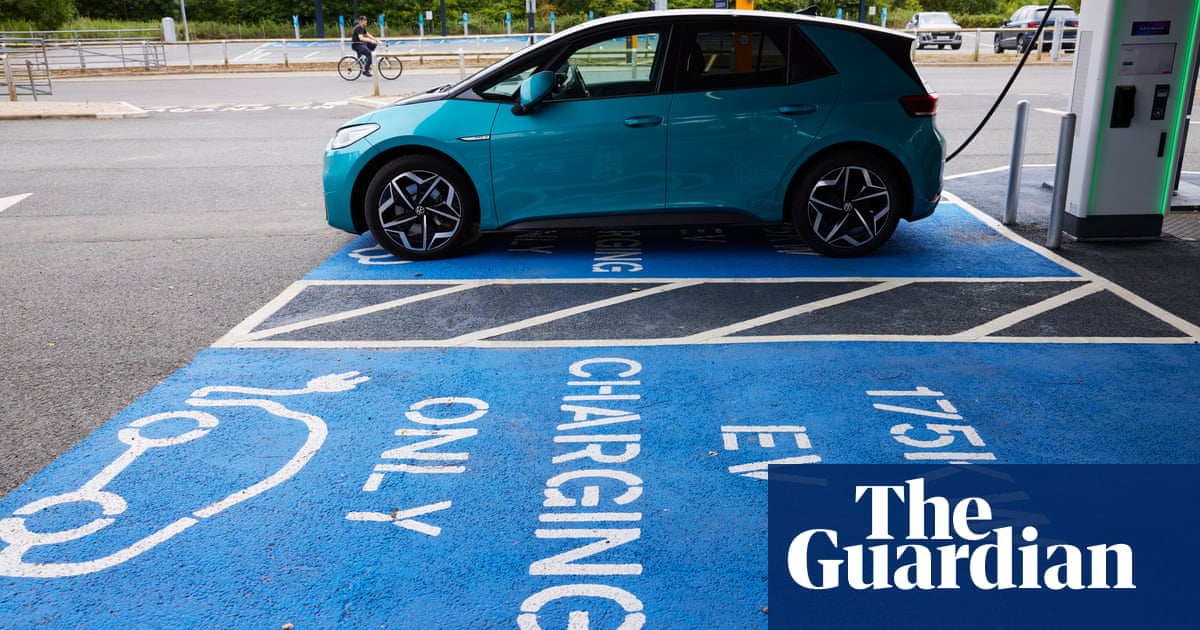
Electrical vehicles represent around 2 percent of the US auto market, and about 3 percent of cars sales globally — but during the next decade the number of EVs on the road is expected to jump substantially. Countries all over the world are busy equipping their roads with the needed infrastructure and charging points to prepare for these green cars.
Charging points will need to be easily available in homes, workplaces, and along major roads. Building EV infrastructure will need clear government support to encourage private firms to invest in this crucial infrastructure.
These charging points can be divided into private and public charging stations. Private stations can be further separated into residential points, where charging can be done in garages, and workplace charging options, in private car parks. Points will also be needed at business locations such as bus depots, and among public sector van and taxi fleets.
Public charging points will serve vehicles parked on streets. But the most important stations will be what is called, on-route rapid and ultra-rapid charging, which are key for long-distance EV journeys. Depending on the vehicle, these can charge a car from zero to an 80 percent charge in just half an hour.
UK oil giant BP announced plans to invest £1 billion to build EV charging stations across the UK, last month. This will allow the firm to install many rapid and ultra-fast chargers, and launch new home charge products and services. The company said this will triple the number of public EV charging points in BP’s domestic network over the next decade and will accelerate the rollout of state-of-the-art fast-charging points that provide EV drivers up to 160 kilometers of range after just 10 minutes of charging.
Other companies in the UK have announced similar plans to boost their EV infrastructure. Oil rival Shell plans to double the size of its network to 16,000 charge points and install additional rapid charging hubs by 2030. While forecourt operator Motor Fuel Group is investing £400m to install 3,000 high powered chargers at 500 locations in the UK by 2030.
In 2021, 190,000 battery-powered EVs were sold in the UK, more than the five previous years combined, and nearly 1 in 8 of all new cars sold. By 2030, the UK anticipates that there will be up to 10 million battery electric vehicles on its roads, serviced by 300,000 public charge points. The UK goal is to ensure these charge points are installed ahead of demand, giving drivers the confidence to make the switch from petrol to electric cars.
However, EV switching rates in the US lags behind the UK and Europe — and the lack of electric car infrastructure explains this gap. The US has only 100,000 public chargers. As America continues to develop its EV charging infrastructure, the country’s federal infrastructure bill aims to spend $15 billion to install five times as many new chargers during the next few years.
The most important stations will be what is called, on-route rapid and ultra-rapid charging, which are key for long-distance EV journeys.
Fuad Al-Zayer
In China, the development of EV infrastructure is impressive. By the end of Dec. 2021, there were 2.6 million charging points across the nation, up 70 percent on the previous year, according to the China Electric Vehicle Charging Infrastructure Promotion Alliance. In all, nearly 3 million new energy passenger cars were sold in China last year, accounting for 14.8 percent of the 20 million passenger cars sold overall, according to recent data. China is the world’s biggest market for EVs, with more than 40 percent of sales worldwide.
However, it is Norway that has the world’s highest per capita EV market penetration. Over 20 percent of all passenger cars on Norwegian roads were EVs in 2021. Also, Norway has the world’s largest EV market share of new car sales, with Norwegian drivers buying 86.2 percent of these autos last year. The Netherlands has the highest density of EV charging stations in the world.
The future growth of EVs around the world will depend on many factors such as price, technology breakthroughs and other factors. However, having a charging infrastructure in place to deliver the convenient, reliable mobility that drivers need will be key for adoption.
The fact is, that the global market for the growth of these green cars has accelerated dramatically over the last decade — but EV infrastructure hasn’t kept pace everywhere. And this must be addressed by governments and the private sector if they expect EV growth to continue further and contribute to global lower emissions and higher air quality.
Fuad Al-Zayer is an independent energy consultant with expertise in energy transition, digitization, and innovation. He is the former Head of the Data Services Department at OPEC and a former Global Coordinator of the JODI Data Transparency Initiative at the IEF.












